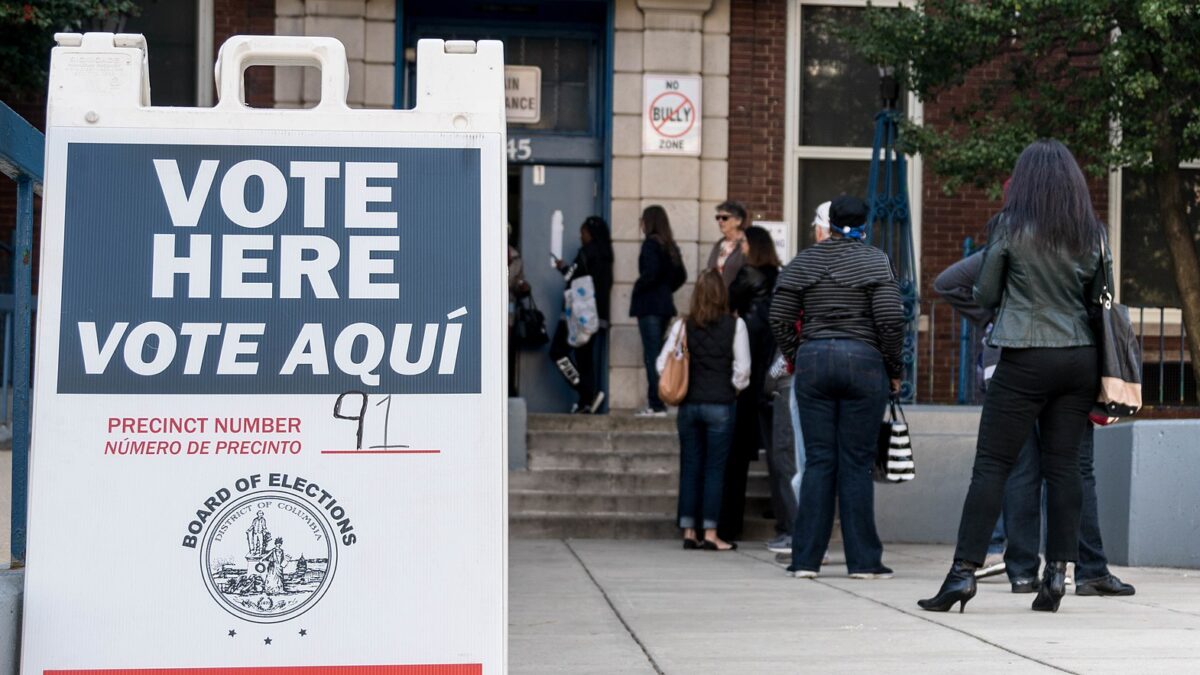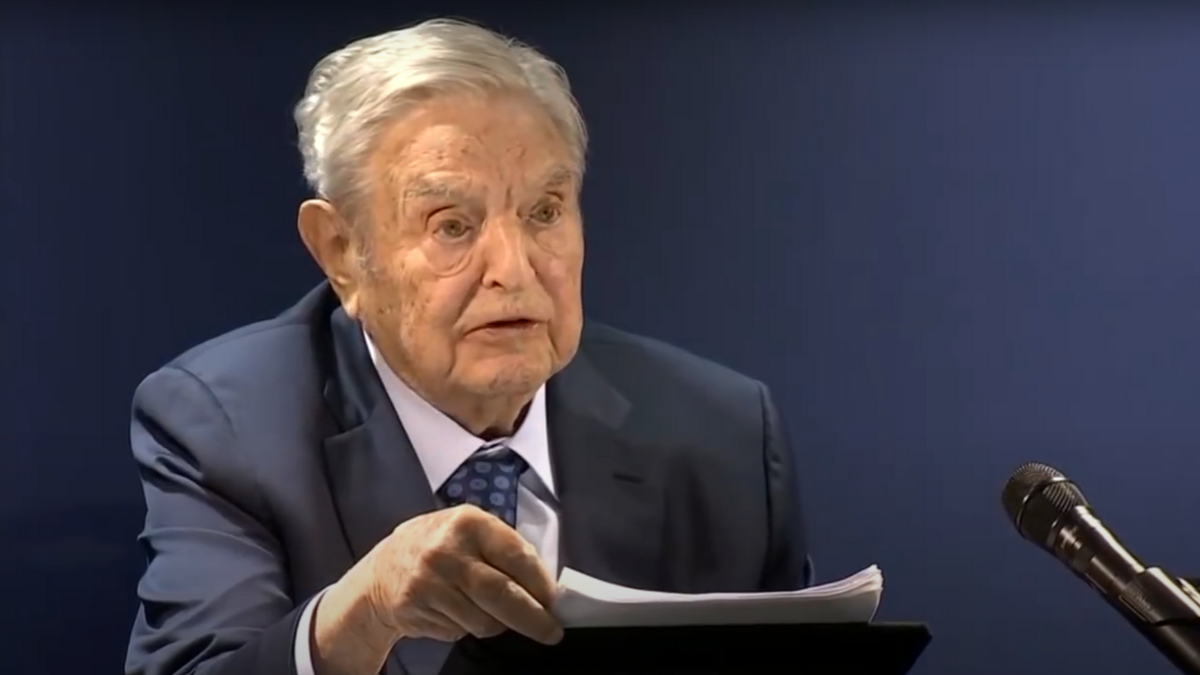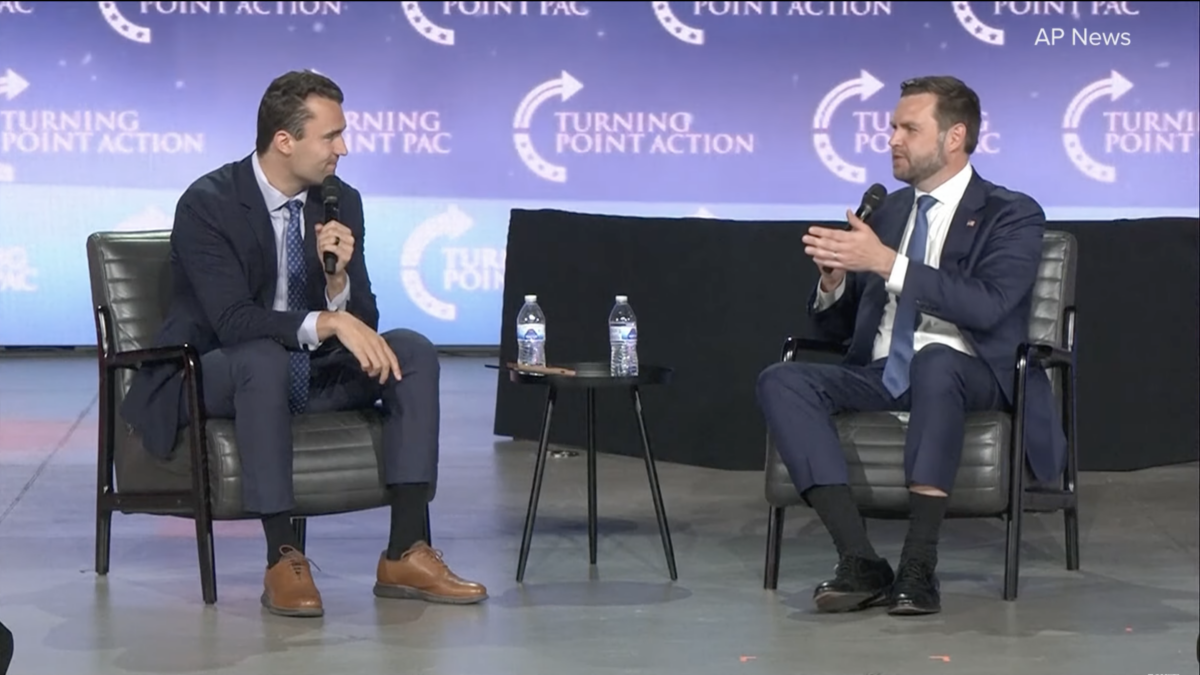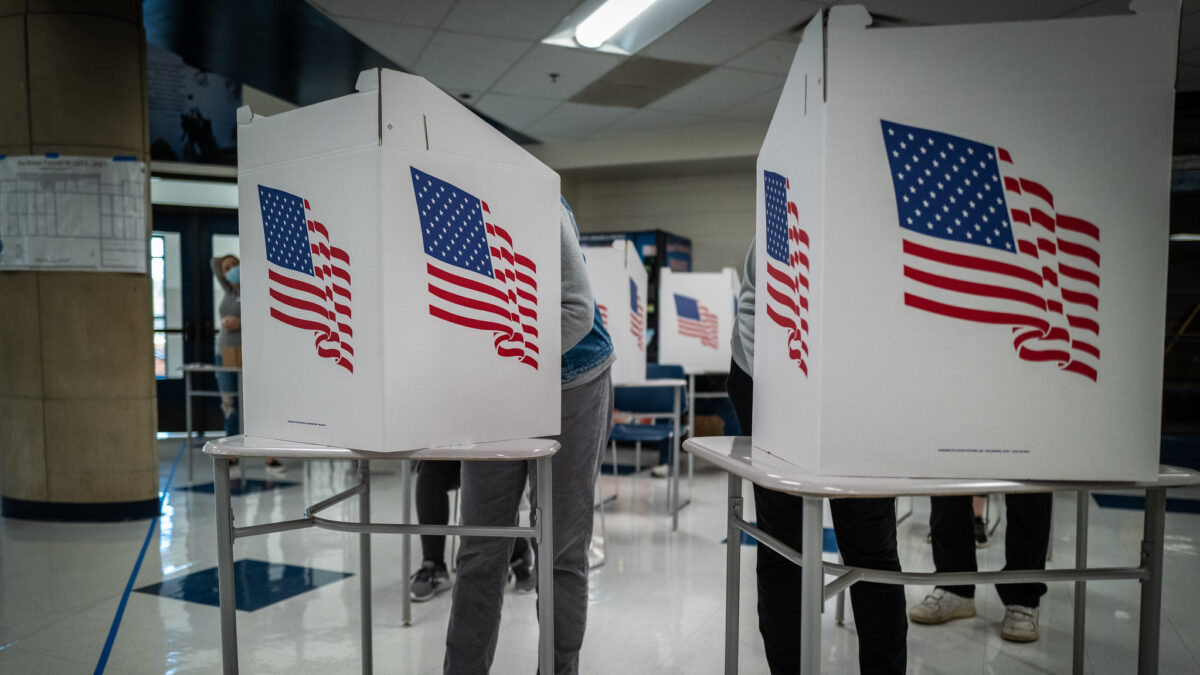A leftist-linked group with policy priorities that overlap with Democrats’ pet issues is launching a project to coach political journalists on election coverage.
The Election Reformers Network (ERN) announced in an April press release it is joining forces with the Bridge Alliance to launch the Election Overtime Project, which aims to “prepare journalists and voters for ‘election overtime’ in battleground states.”
“Election Reformers Network and the Bridge Alliance have come together to create the Election Overtime Project to help reporters, journalists, TV anchors and others prepare America to understand and not fear close elections,” the release reads.
While it presents itself as “favoring neither the left nor the right,” the ERN’s policy preferences include typically leftist priorities like gutting the electoral college and taking away the discretionary power of election certification boards.
The group’s Election Overtime Project claims to offer “in-depth information” on things like “recounts, audits, and other procedures used to check results,” and “how courts judge election challenges.” Organizers pledge “to help journalists with the critical facts of close and contested elections.”
ERN Executive Director Kevin Johnson said participants in the project will include “political reporters for local, state, and national outlets” in print, broadcast, and online journalism, but would not tell The Federalist who specifically has received or will receive guidance through the project.
Johnson told The Federalist the program may help “indirectly” with “quote-unquote misinformation,” but it mainly aims to instruct journalists how to cover “election overtime” – close elections where the results may not be known for weeks after Election Day, and the outcome sometimes goes to court.
“We hope that journalists will be in a better position to sort out the flow of information that’s going to be out there through a good grounding in how the procedures of what we call this ‘election overtime period’ work,” Johnson said.
The project targets six “battleground states,” which Johnson said are Arizona, Georgia, Michigan, North Carolina, Pennsylvania, and Wisconsin.
The Federalist asked major outlets based in those swing states (The Arizona Republic, The Atlanta Journal-Constitution, The Detroit Free Press, The Raleigh News & Observer, The Philadelphia Inquirer, The Pittsburgh Post-Gazette, and The Milwaukee Journal-Sentinel) if they had been contacted by ERN or were working with the group, but received no answers by press time. The Federalist also asked this of major national news outlets (The New York Times, The Washington Post, the Associated Press, the Wall Street Journal, ABC News, CBS, CNN, and MSNBC), but they did not respond either.
The project will offer “state-specific policy briefs on election law, media training,” and a “bureau of trusted commentators to support election night coverage and beyond,” according to the release. When asked who the bureau speakers will be, Johnson said they will be posted on the group’s website. He also said the ERN is releasing media “toolkits” in August.
According to Johnson, the program will supply language and context for journalists.
“If they need background support on research – ‘What does this ruling mean? Can you help me understand it better?’ – people on our staff might help people look into that,” Johnson said, but he insisted “it’s not telling them what to say at all.”
When The Federalist asked to review materials the group will distribute to journalists, ERN senior election reform fellow Al Vanderklipp said in an email they are “under review internally and not ready to go live just yet,” and the program will be “up for public viewing in August.”
Johnson said ERN will “really strive for being neutral and having a team that is affiliated with both sides,” and “we really don’t want to be seen as supporting one side or the other.”
The group, however, has smeared a number of secretaries of state who expressed concerns about election integrity after 2020, labeling them “election deniers.” Its brief questioned whether six secretaries of state – in Alabama, Florida, Indiana, South Dakota, West Virginia, and Wyoming – could “conduct their work impartially.”
The ERN also published an article about messaging to “build trust” despite what it called a “still-thriving 2020 election denier community.”
Supporting ‘Reforms’ Like Tying the Hands of County Election Officials
ERN is on board with the left’s attempt to make election boards’ responsibilities “purely ministerial,” expressing support for “provisions that take discretion away from party-appointees responsible for canvassing and certification.”
Johnson said ERN is pushing to make elected officials act “secretarily,” simply certifying the results as they come in rather than first verifying their accuracy.
“Given the partisan origins of how they got to their position, it’s better if they just act secretarily, report what they receive, and if there are disputes, those go to the courts,” Johnson said.
Johnson said in states like Michigan, he believes county canvas boards “should just receive the results that they’ve been given and certify and announce them, not assess their accuracy.”
Election integrity advocates fear such a move would force elected officials to certify problem-ridden elections in which they have little confidence.
ERN has also worked with the Campaign Legal Center (CLC), an advocacy group that advances left-wing election interests. CLC is currently pushing for legislation in states like Pennsylvania to make election certification a “ministerial” task that must be done no matter a board member’s concerns.
Another of ERN’s “reform” ideas is to get rid of elections for positions like secretaries of state. Vanderklipp said the ERN thinks a “nonpartisan appointment or hiring system” could work better than elections for officials who oversee the election process.
“No other democracy has anything like the degree of political party member involvement in election management that we have,” Johnson said. When The Federalist asked if Johnson could define a “democracy,” he said “I don’t think I can give an answer on my own” and referred to third-party metrics.
As Democrats attack the electoral college, the ERN is working to reshape the electoral college to reflect “the national popular vote” “in the results,” according to Vanderklipp. He referred to the group’s aspirations as a “compromise,” since the plan would maintain a nominal allocation of electoral votes to the states.
The group’s proposal describes a structure in which the three most popular candidates in a state win a share of the state’s electoral votes proportional to the percent of the population that voted for them.
Questionable Ties
The ERN received funding in 2022 from Sam Bankman-Fried, the founder of FTX who was convicted last year of stealing $8 billion from his customers. At the time, the group called him one of its “largest organizational donors,” according to InfluenceWatch.
Fried gave a grant through his foundation Building a Stronger Future, InfluenceWatch reported, to help the ERN “continue working with both parties to reduce the role of politics and parties in election administration.” Later that year, the group deleted the announcement with no explanation.
The group’s senior adviser on election administration is Amber McReynolds, who is currently the vice chair of the board of governors for the United States Postal Service. In 2020, McReynolds was CEO of the National Vote at Home Institute which inserted itself into the ballot curing process in Wisconsin and worked to shift Michigan’s election policy with bureaucracy, circumventing lawmakers.
For his part, Johnson serves on the advisory board of Rank The Vote, a group that seeks to popularize ranked-choice voting, a practice favored by leftists. He also held a leadership position for the Massachusetts chapter of Common Cause, which according to InfluenceWatch pushes progressive election policy and opposes Republicans.
The ERN is also partnering on the Election Overtime Project with the Bridge Alliance, of which it is also a member. The Bridge Alliance is a coalition that pushes left-wing priorities, as InfluenceWatch reported.
On a page announcing “DEI programming,” Bridge describes its “Justice, Equity, Dignity, and Inclusion” (JEDI) fellows program, and touts that the program includes a “BIPOC majority as a representation of the future of our nation.”
Bridge has “come together” with ERN on the Election Overtime Project.







